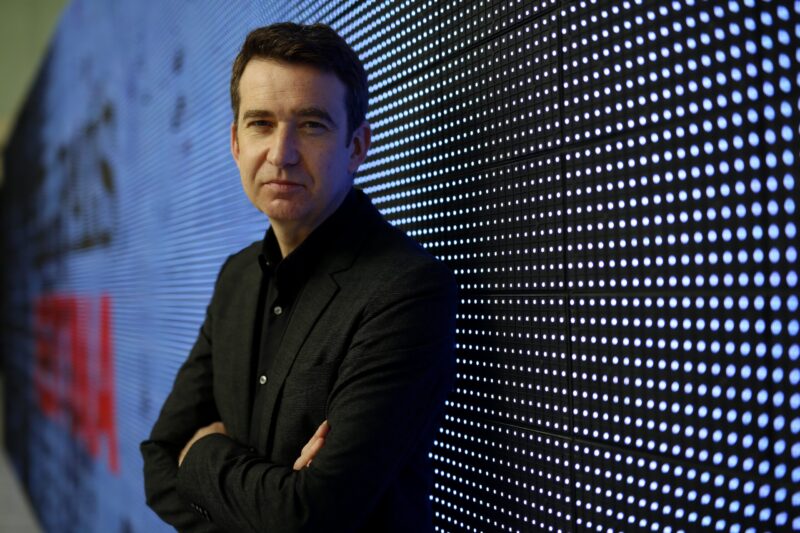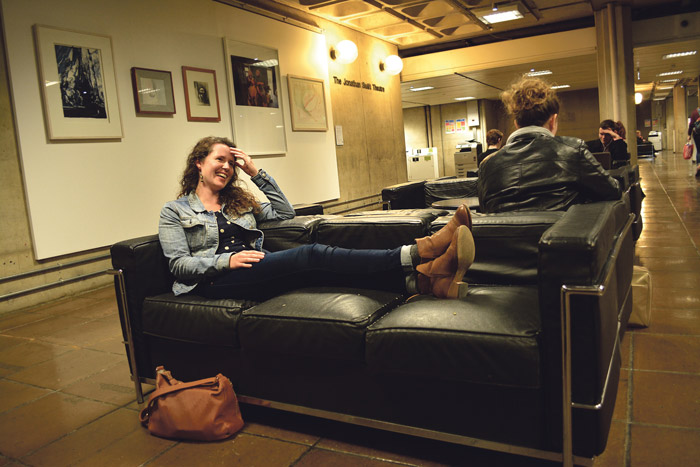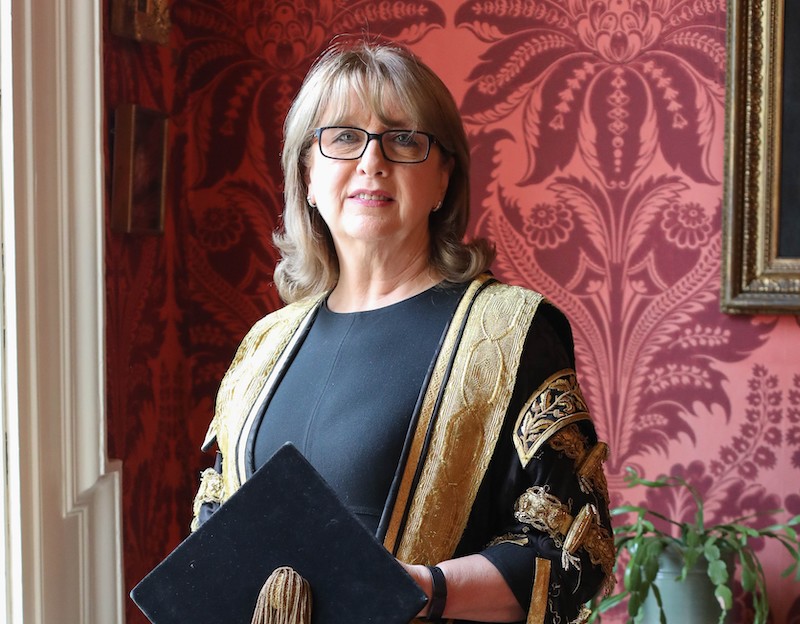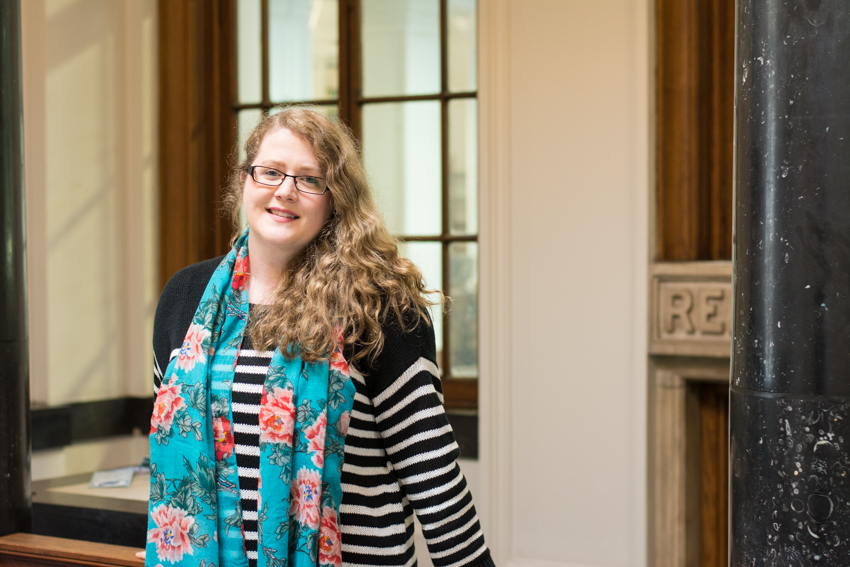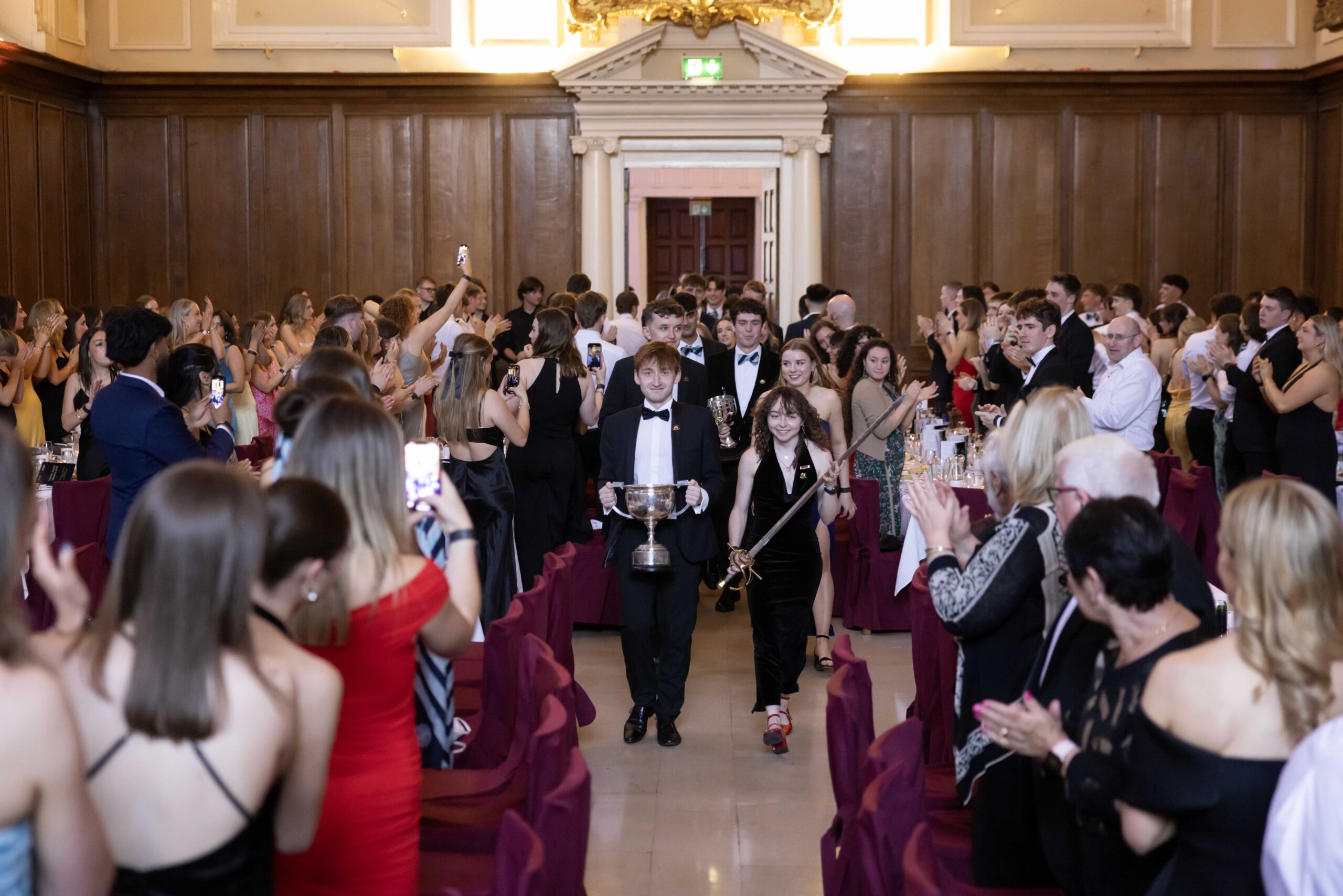Full disclosure: I was somewhat starstruck when I spoke to journalist and entrepreneur Mark Little over Zoom. Little is a paragon of the Trinity journalist: having served as editor of Trinity News, he jumped straight into the newsroom after college, and is now mostly known for anchoring Prime Time and serving as RTÉ’s inaugural Washington Correspondent.
But Little – who has since founded Storyful, a social news agency, and Kinzen, a platform that works to detect misinformation and promote trustworthy news sources – is down to earth, friendly and easy to talk to. He is clearly deeply introspective about right and wrong, fact and fiction. Even before he was a fresher, he wanted to make a career out of this worldview: “I think I was 14 years old, when I was called ‘prematurely cynical’ by a religion teacher. And so I knew at that stage I was going to be a journalist or a politician.”
Little paints a bleak picture of the broader backdrop to his college days, but notes the simmering of a new age of Irishness at the tail end of the 1980s: “All people knew about Ireland was U2 and the IRA. This is pre-Celtic Tiger, where it was that sense of subversion, rebellion, and to be Irish was to know that you ultimately would suffer.”
“We were the poorest in Europe, but intellectually and culturally we felt so confident of ourselves. So that was kind of a magic time to be 18 to 22, I certainly felt that on the campus.”
Despite his journalistic bona fides, Little was not locked up in the hallowed halls of the Trinity Publications office for his four years. As well as editing Trinity News, he headed Aontas, published by Trinity College Dublin Students’ Union (TCDSU), chaired Trinity Labour, was vice chair of Labour’s national youth wing and – most puzzlingly for a journalistic hack such as myself – was president of TCDSU.
“I can’t remember what the order was”, he says of the various positions he held. Musing about how he ended up with his finger in so many pies, he says: “I was part of a family that was very political, very opinionated. None of my family [went] to college. My granny worked in Fox’s cigar shop, which is, what, 25 feet away from Front Gate? And she never stepped foot in the College.”
“So a hundred years of pent-up frustration, ambitions, was walking in with me to Front Gate … so yeah, from the very moment I walked into the door, I was primed to be embedded in every single aspect of College life.”
So a hundred years of pent-up frustration, ambitions, was walking in with me to Front Gate
As we chat about his various escapades throughout his degree, he recalls one scenario that sounds unfortunately familiar: “The biggest campaign for me, and my year is where David Irving, who was a holocaust revisionist historian who was invited to speak at Trinity. That was a massive national debate about free speech, which ironically, looking back is quite relevant.”
Clearly the debate about whether the occupants of the Graduates Memorial Building should invite controversial figures to speak has not been settled. What does he make of the issue, in hindsight?
“We have been debating the role of free speech within college clearly, but like nationally, as well, for generations … Now in this case, it was someone saying that the Holocaust was a myth. Does that constitute free speech? Or does that constitute a gross incitement to race hatred, and to a whole set of principles? When I hear people talk about this new ‘cancel culture’, I find that to be a really superficial understanding of history. history involves at every point right back to libertarians like Edmund Burke, debates about the right to have a platform.”
“So even today, I’m involved in this myself in the current job I do – everybody has the right to say something. But not everybody has the right to have a platform to distribute that to a wider audience. And that is really important, that freedom of speech is absolute. But freedom of reach – the idea that we’re going to give you an ability to promote your views – that’s different.”
It’s clear that a deep desire to uphold transparency as a pillar of democracy stayed with Little throughout his career. He recounts his radicalism, his desire to implement change: “In my mind, I was going to change the world one College society at a time”. But through his various pursuits, he discovered what he didn’t want to do: compromise his beliefs for the sake of a group. “I did feel that you were being forced to be very sectarian in the way you looked at politics and that didn’t sit easily with me. And that was one of the reasons why I found it much more liberating to think about a future career in which I didn’t have to toe a party line.”
I found it much more liberating to think about a future career in which I didn’t have to toe a party line
In fact, he says, the career path he did choose required the opposite of adhering to party policy. “I would constantly have to challenge my own prejudices and my own privilege, my own preconceptions, and that stayed with me today. Even as the world changes, and many people of my generation get very conservative. I kind of find myself getting more radical as I get older, thanks, in large part, to the lessons I learned in Trinity in the late eighties.”
Trinity certainly was on the coalface of social change in Ireland when Little was a student, and this murmur of rebelling against long-observed strictures was central to student life. His first job as a journalist, he notes, was for Marxism Today, the monthly magazine of the British Communist party.
It is somewhat intriguing, then, that he went on to work for the state broadcaster here, but he says student politics gave him a unique perspective on impartiality and its limits. “What I found was, I was kind of sickened by partisanship, I was turned off by ideology.”
“I hated the idea that I just had this set of ideas or beliefs or party policies I had to follow. And I just knew I couldn’t do that. So therefore, when I saw journalists, I saw myself as somebody who would be open to the idea that my mind could be changed, and that I would be curious, and I’d be rewarded for questioning power, I’d be rewarded for questioning my own assumptions. I’d be rewarded for finding new voices, marginalised voices, going to places that were ignored by mainstream media.”
saw myself as somebody who would be open to the idea that my mind could be changed, and that I would be curious, and I’d be rewarded for questioning power
But he’s still grappling with the question he first started to ask as a fresher: “30, 35 years later, [I’m] just trying to understand now that, the intersection between democracy and media, and I feel in my career, I probably have had a greater contribution to encouraging a democratic media than I could have if I had gone into politics where I would have been compromising and I would have been, you know, reined in by party policy or by partisanship.”
His advice to freshers – deeply philosophical about the tenets of democracy or otherwise – is simple, with one small caveat: “Just do everything, but don’t be absolutely terribly ambitious.”
“That manic energy, ultimately, for my five years … I wish I could go back and just take maybe a year to focus on actually doing some work. I look at the very straight II.II degree which, given the intellectual firepower in the college back then, I would love to have just spent more time in classes and maybe enjoying the thing a bit more – and, possibly, not being as manic politically and socially as I was.”
“But then again, if I look back right now, I kind of squeezed every last bit of value out of those years and it made me who I am. Yeah. What an experience.”
